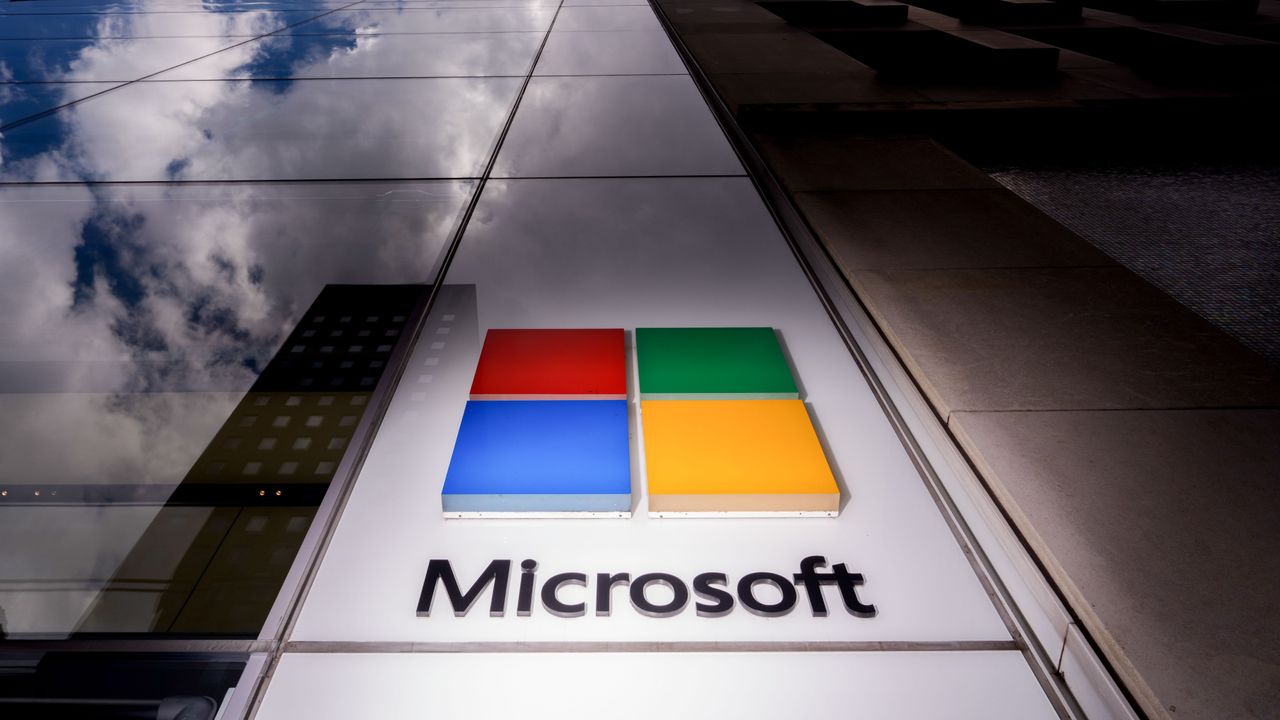
Generative AI is becoming increasingly popular worldwide, despite raising significant worries about privacy, its impact on people, and job losses. Anthropic CEO Dario Amodei believes AI could eliminate as many as half of all entry-level white-collar jobs, potentially leaving many young people without work.
A recent Microsoft report found that many employees feel stuck in a never-ending workday. They’re struggling to find time for friends, family, and personal life, often taking work home and even working on weekends, which makes Sundays feel just as stressful as Mondays.
The report highlighted how using AI could help solve certain problems, drawing on the idea that a small amount of effort often produces the majority of results. This concept, known as the Pareto Principle or the 80/20 rule, suggests that companies often succeed when they concentrate on the 20% of their work that generates 80% of their success.
Despite the hype around artificial intelligence, a recent Microsoft report shows it’s not always a perfect solution. The report found that a significant number of UK employees – 71% – are using AI tools at work that haven’t been approved by their companies, and over half (51%) are doing so on a weekly basis.
In my analysis, the report highlights a growing risk: the continued reliance on these ‘Shadow AI’ tools is increasingly exposing UK organizations to privacy and security breaches. Essentially, it’s making it easier for malicious actors to access sensitive customer data.
AI tools like chatbots are now widely used by workers in the UK, collectively saving about 12 billion hours annually – which translates to over £207 billion in saved time across the entire economy.
Microsoft
People who participated in the study said they mainly use these tools to write and reply to work emails and messages (49%), create work documents like reports and presentations (40%), and handle financial tasks (22%).
Honestly, what really worried me from the recent findings is how casually people are using AI tools at work that haven’t been vetted by IT. It seems like a lot of employees aren’t thinking about the potential downsides. Only about a third of them – 32% – were actually concerned about privacy issues, and even fewer – 29% – worried about the security risks to their company’s systems. It just feels like a recipe for trouble if we don’t address this.
AI is saving time and money at work
According to Darren Hardman, CEO, Microsoft UK & Ireland:
AI is becoming increasingly popular among UK workers, helping them to be more productive and innovative. However, simply being excited about AI isn’t enough. Companies need to make sure they’re using AI tools designed for professional environments, with strong security and privacy features – the kind built for businesses, not just personal use. Essentially, employees need powerful AI, and organizations need it to be safe and secure.
Although the hidden use of AI (often called “Shadow AI”) poses significant security risks like data breaches and more cyberattacks, it’s become firmly established in many workplaces. Employees report that using AI saves them an average of 7.75 hours per week on administrative tasks. According to Dr. Chris Brauer from Goldsmiths, University of London, this adds up to 12.1 billion hours saved annually across the UK economy – equivalent to approximately £208 billion in worker productivity.
As a researcher, I’ve been tracking employee attitudes towards AI, and it’s been fascinating to see a shift. Initially, there were significant concerns about job displacement, but those fears seem to be lessening. In fact, we’re now seeing a much more positive response – over half of employees (57%) describe themselves as optimistic, excited, or confident about AI, a substantial increase from just 34% earlier this year.
Increasingly, employees are familiar with AI tools, which is simplifying their use in daily work. Earlier this year, 44% of employees said they didn’t know how to begin with AI, but by October 2025, that number had dropped to 36%.
Microsoft Copilot and ChatGPT are both competing to become the leading AI solutions for businesses. Currently, ChatGPT appears to be gaining more traction, with companies like Amegen Inc. praising OpenAI’s work. However, Microsoft Copilot remains valuable, particularly when used with programs like Excel and Outlook.
Read More
- How to Get the Bloodfeather Set in Enshrouded
- Gold Rate Forecast
- These Are the 10 Best Stephen King Movies of All Time
- Best Werewolf Movies (October 2025)
- 10 Movies That Were Secretly Sequels
- USD JPY PREDICTION
- Auto 9 Upgrade Guide RoboCop Unfinished Business Chips & Boards Guide
- One of the Best EA Games Ever Is Now Less Than $2 for a Limited Time
- Uncovering Hidden Order: AI Spots Phase Transitions in Complex Systems
- 4 TV Shows To Watch While You Wait for Wednesday Season 3
2025-10-13 14:41